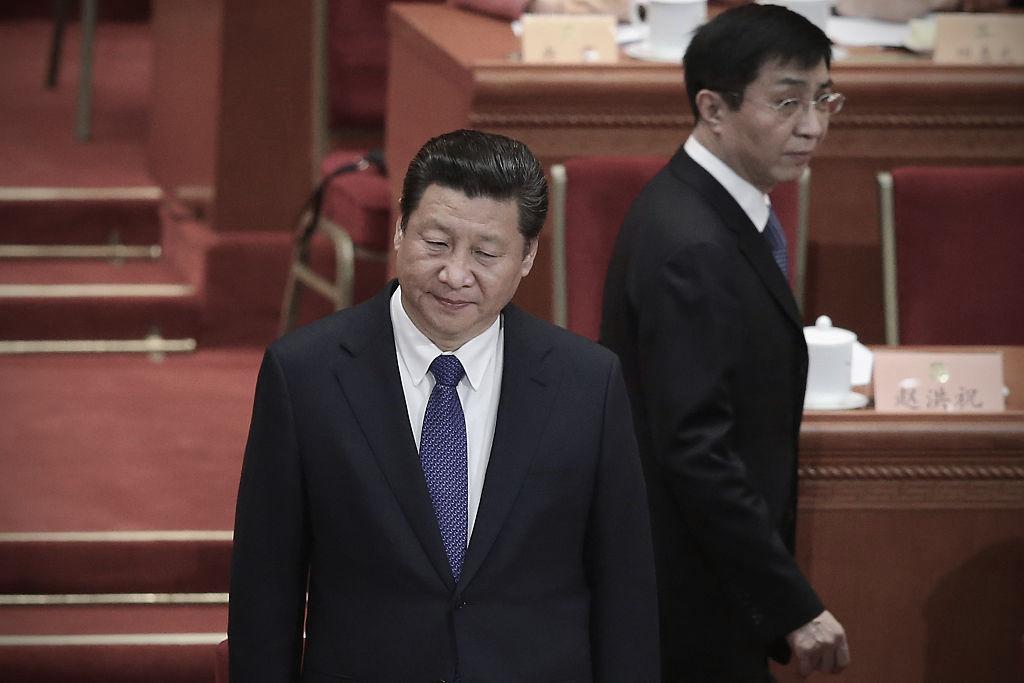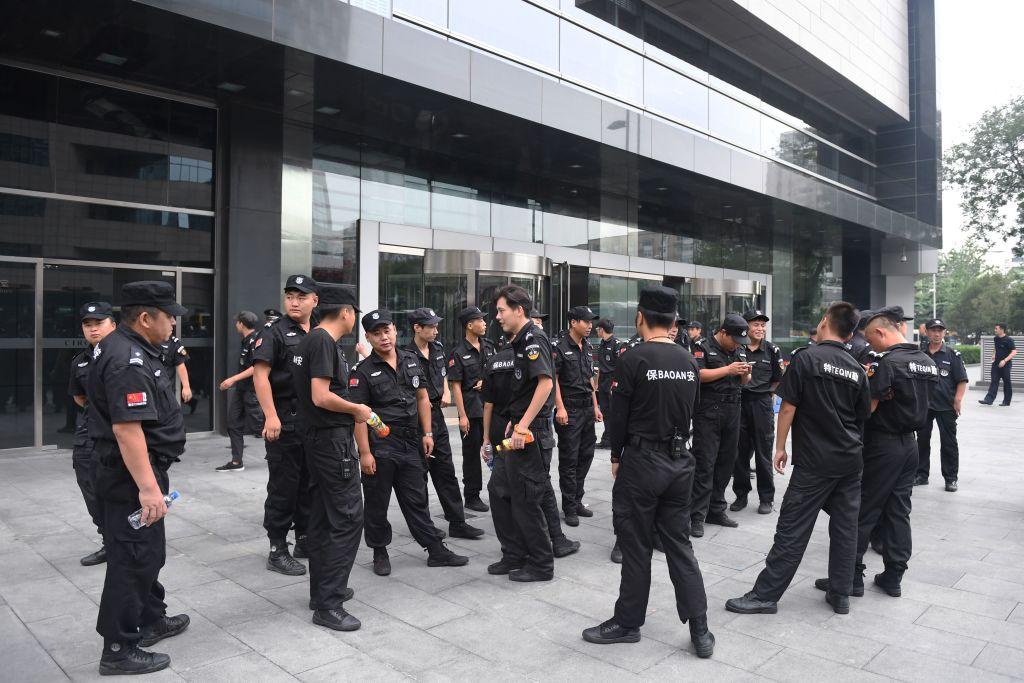WASHINGTON—If Australia can push back against the Chinese Communist Party’s interference and influence to defend its national sovereignty, the United States and other countries can do the same, an Australian professor told a seminar at George Washington University on Sept. 10.
Professor Rory Medcalf, head of the National Security College at the Australian National University in Canberra, discussed in detail what he called the “Great Australian China Debate,” and what the world could learn from it.




